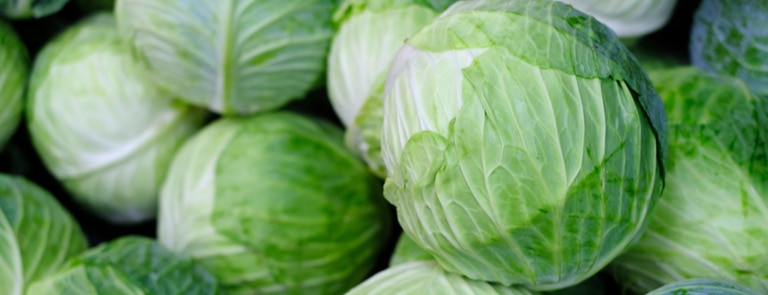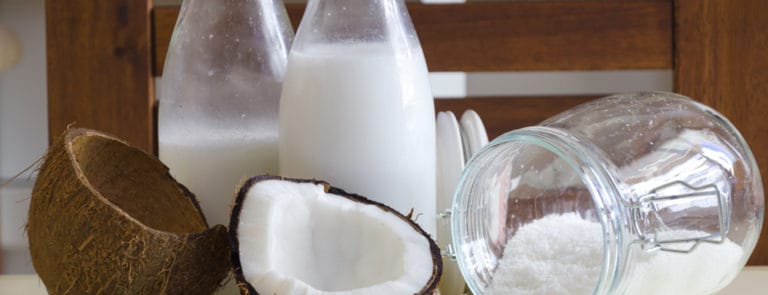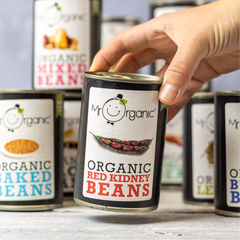B&C
|Carousel main title
Main title
Cabbage health benefits

Cabbages are among the world’s most popular vegetables. Not only are they a staple of British, Ethiopian, and Italian cooking, but they take pride of place in Japanese, Jamaican, and Chinese, too. Few counties in the world don’t regularly include cabbage in their traditional dishes.
We think it’s high time cabbage made a comeback. This bold brassica is brimming with health benefits. So we’re going to tell you everything you need to know about this superfood here.
What are cabbages?
Cabbages are brassicas, like broccoli, kale and Brussel sprouts. Although cabbages come in many shapes and sizes, most have layers of dense leaves which gather around a heart.
Popular varieties of cabbage you’ll find in British supermarkets include:
- Savoy cabbage
- Red cabbage
- Sweetheart cabbage, or Hispi cabbage
- Napa cabbage, or Chinese cabbage
Health benefits of cabbage
Cabbages are packed with health benefits, like:
-
Promote a healthy gut
Brassicas like cabbage change the balance of bacteria, promoting immunity-strengthening bacteria.1,2
-
Encourage bowel health
Cabbage contains lots of fibre, which we know encourages healthy digestive function.3 Recent research has also found that brassicas like cabbage contain molecules which encourage healthy cell regeneration in the bowels and protect against disease.4
Cabbage's nutrition profile
One 89g portion of chopped green cabbage, contains5:
| Energy | Protein | Carbs | Fibre | Sugar | Fat | Vitamin K | Vitamin C | Folate |
| 22 kcal | 1g | 5g | 2g | 2.8g | 0g | 85% of RDA | 54% of RDA | 10% of RDA |
Cabbage is also a good source of minerals, including manganese, potassium, and calcium.
Risks associated with cabbages
Cabbage consumption does have some associated health risks. Cabbages have been known to harvest bacteria like E.coli, which can cause food poisoning.6,7 Reduce the risk by washing cabbage leaves thoroughly before cooking.
Other risks include flatulence, diarrhoea, and hypothyroidism.8
Last updated: 1 March 2021
- https://www.nature.com/articles/s41598-017-17949-z
- https://www.ncbi.nlm.nih.gov/pmc/articles/PMC2728691/
- https://www.ncbi.nlm.nih.gov/pmc/articles/PMC3544045/
- https://www.bbc.co.uk/news/health-45171651
- https://nutritiondata.self.com/facts/vegetables-and-vegetable-products/2371/2
- https://www.thetimes.co.uk/article/one-in-20-kebabs-contains-food-poisoning-bugs-from-salads-and-sauces-mmjwxpt9s5x
- https://onlinelibrary.wiley.com/doi/full/10.1111/j.1541-4337.2010.00129.x
- https://healthyeating.sfgate.com/advantages-eating-cabbage-4335.html










